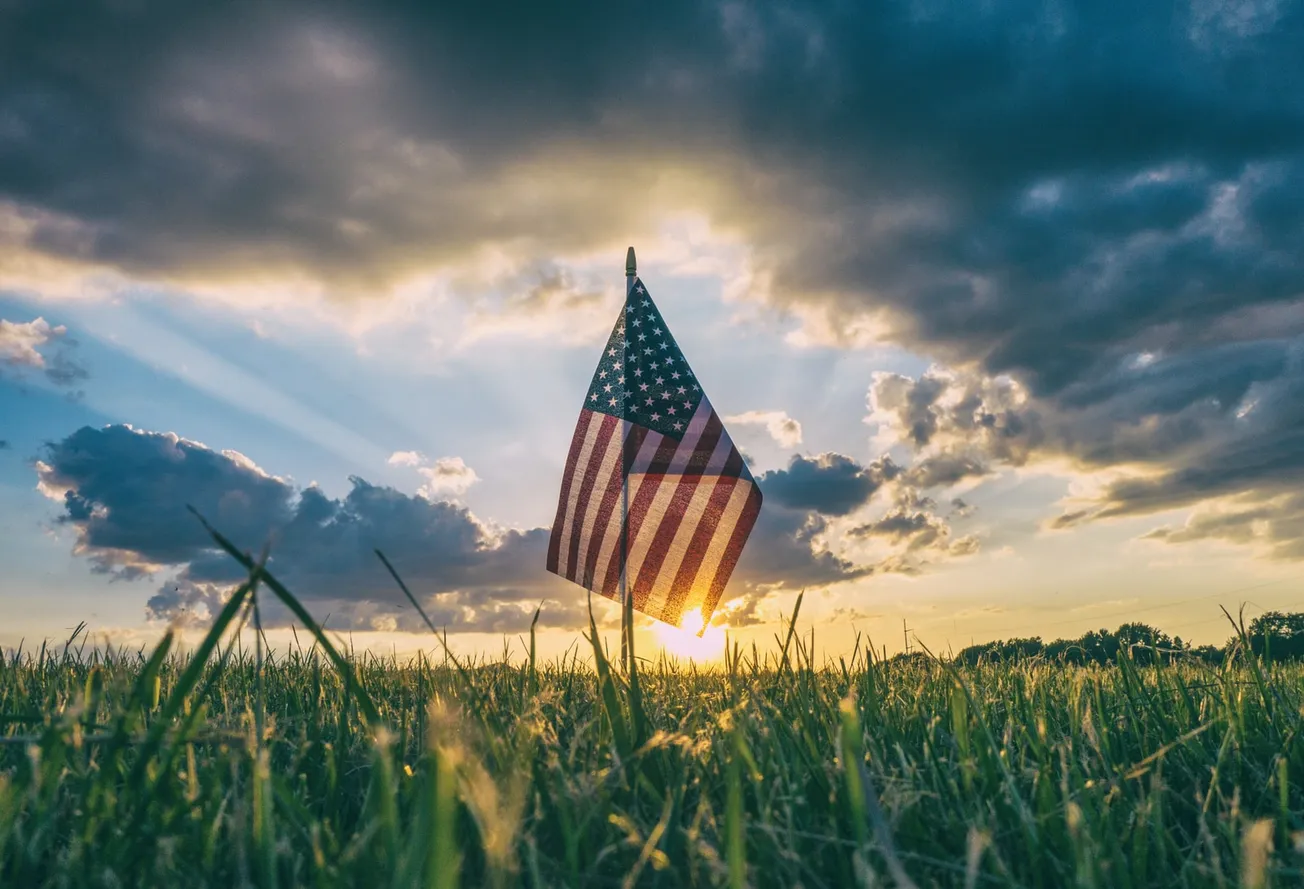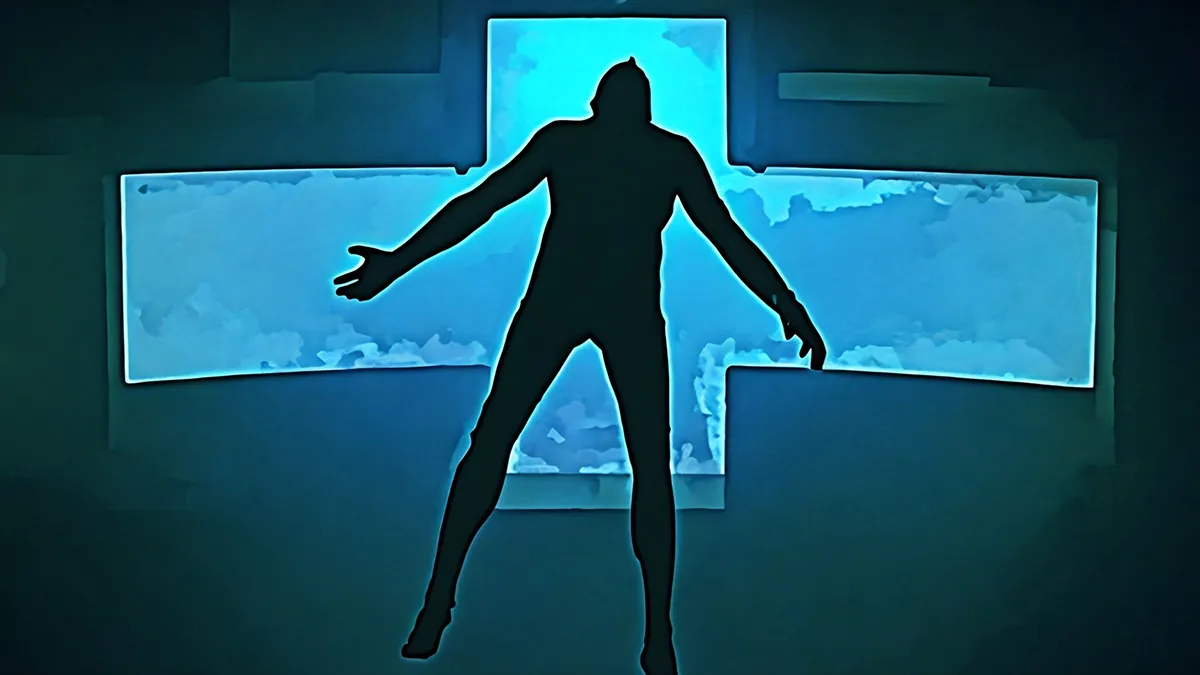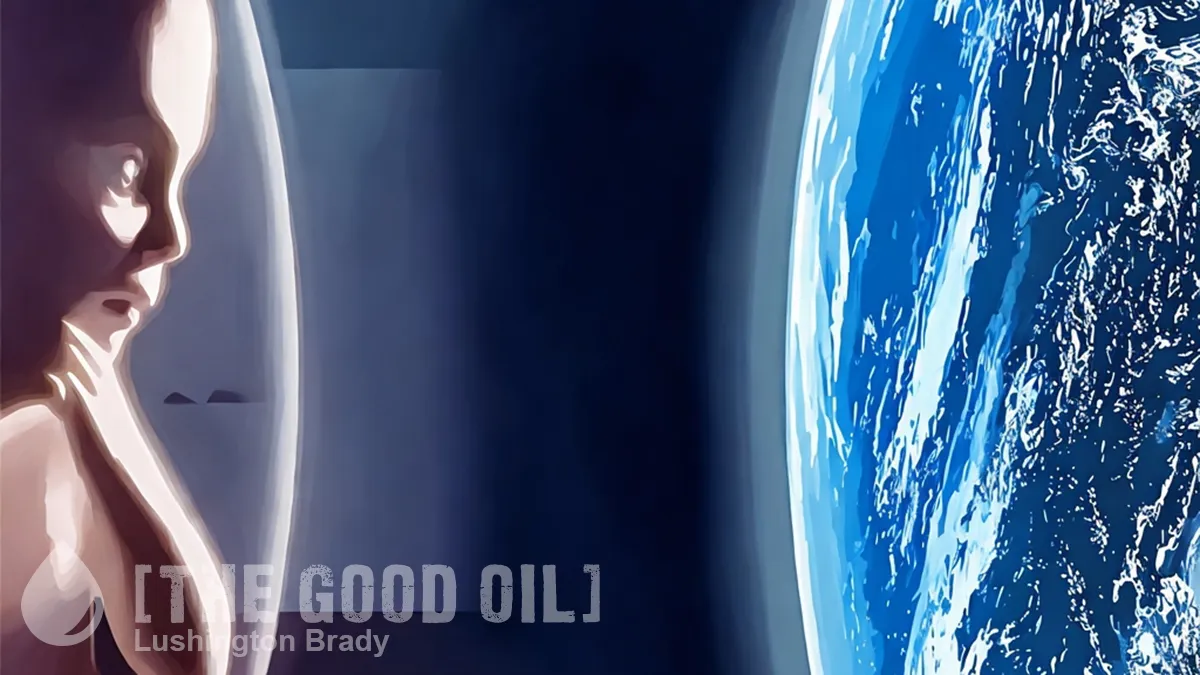Table of Contents
Marcus Roberts
mercatornet.com
Marcus Roberts is a senior researcher at the Maxim Institute in Auckland, New Zealand, and was co-editor of the former MercatorNet blog, Democracy is Destiny. Marcus has a background in the law, both in practice and academia.
You’ve probably heard by now that the United States Supreme Court has voted to overturn Roe v Wade and to remove a constitutional right to abortion that has been held to have existed for the last 50 years. The Court’s decision in Dobbs v Jackson Women’s Health Organization was front-page news in New Zealand, as was the fact that all our major political parties (with the exception of National) “slammed” the decision.
Act Party leader David Seymour (a libertarian) said that he was “flabbergasted”. The prime minister, Jacinda Ardern, described Dobbs as “deeply upsetting” and that robbing women from making their own decisions “feels like a loss for women everywhere”. The Foreign Minister, Nanaia Mahuta, tweeted that the overturning of Roe v Wade was “draconian”.
So what has this court case actually decided? Abortion has been removed from the purview of the Supreme Court and returned to the individual states to pass laws about. Abortion is no longer a legal question decided by nine judges unaccountable to the people. It becomes a political question instead (as it is in New Zealand) to be determined by the democratic will of each state’s voters.
There will now be a significant divergence in how abortion is regulated across the country. Some states (such as Missouri and Louisiana) will have laws banning abortion outright. Others, like California, have enshrined abortion rights in their state constitutions and promised to financially support women from other states to have abortions in their state.
But why were New Zealand politicians so keen to comment on the latest decision of the United States Supreme Court? Why was Dobbs front-page news here? One reason is that New Zealand is part of the United States’ informal empire, whether we like it or not, and we are saturated by its culture wars. Furthermore, many of the most politically active of us treat American politics like a sports contest: we like to cheer our side’s successes and jeer our side’s losses.
After decades of ever-liberalising abortion rights regimes worldwide, Dobbs reminds us that there is no inexorable arc to history. The prime minister disagreed with this when she said we do not need “to fight the same fights and move backwards”. But of course, many would disagree that Dobbs is a backwards step. And in the United States, this debate can now be held in the political sphere, just like it is in New Zealand.
Green MP Jan Logie was right when she said, “We must take nothing for granted in Aotearoa.” Abortion laws are not set in stone.
Democratic systems can and should accommodate dissent. Laws that we think are unjust may be overturned, and we can participate in that process. Losses in the political sphere do not need to be eternal. Change is possible, even constitutional change. There is always another election and another chance to influence the political culture. This is democracy’s redeeming virtue.
This article was published in the Northland Age and the Gisborne Herald and is reposted from the Maxim Institute website with permission.








![[The Good Oil] March 2026 Political Poll](https://images.unsplash.com/photo-1540910419892-4a36d2c3266c?crop=entropy&cs=tinysrgb&fit=max&fm=webp&ixid=M3wxMTc3M3wwfDF8c2VhcmNofDk1fHx2b3Rpbmd8ZW58MHx8fHwxNzIyMzkxNTI4fDA&ixlib=rb-4.0.3&q=80&w=1304)
